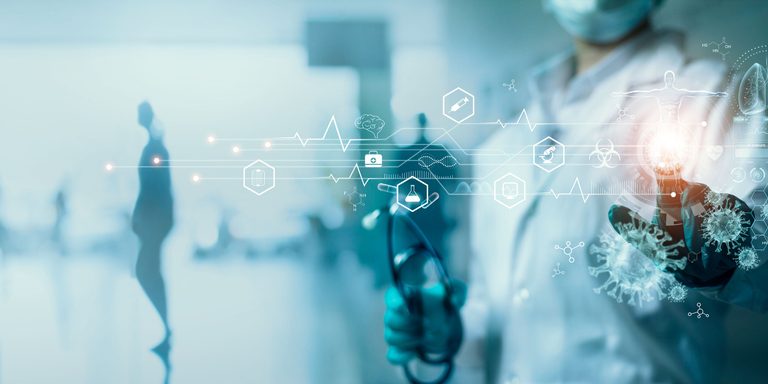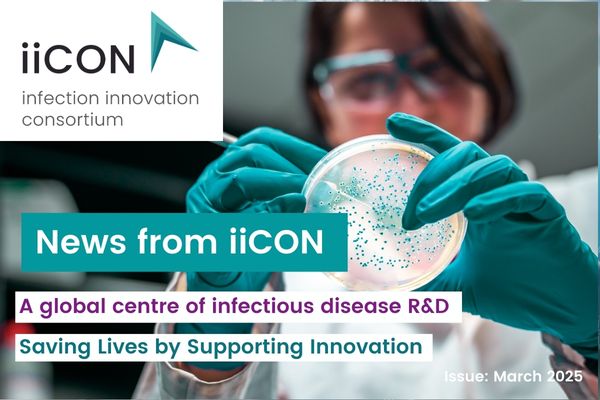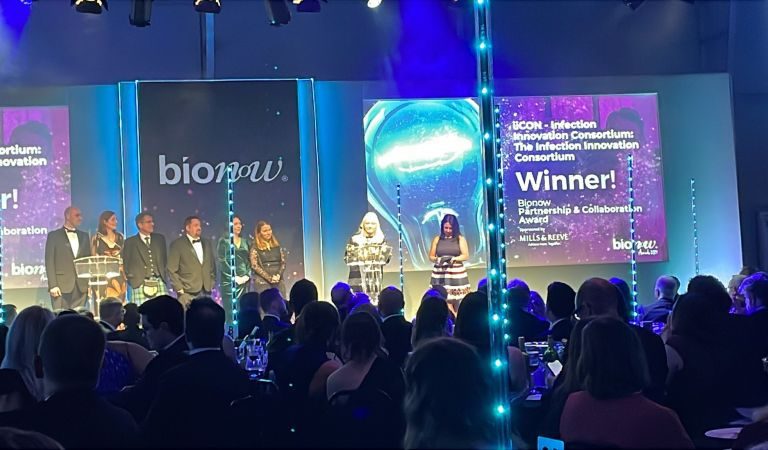- Join the Innovation Journey
- Our Platforms
iiCON partnership develops new organoid infection model
A new experimental model that more accurately replicates the impact of respiratory infections on the lungs and upper airways has been developed through an industry academic partnership supported by the Infection Innovation Consortium (iiCON).
Through iiCON-supported innovation brokerage, a new collaborative partnership was formed between investigators based at LSTM and Newcells Biotech, a Newcastle based provider of in vitro models supporting the BioPharma industry in pre-clinical drug discovery.
The partnership established and validated an experimental lung and upper airways organoid SARS-Cov-2 infection model. The model replicates the physiology of respiratory infections, including coronavirus, more closely and is part of a broader diverse range of research and innovation initiatives led by iiCON.
Professor Giancarlo Biagini, iiCON workstream lead for humanised organoid development and Head of the Department of Tropical Disease Biology at LSTM, co-developed the SARS-CoV-2-lung organoid infection model with colleagues at LSTM including Dr Grant Hughes.
The model will provide a more accurate and physiologically relevant picture of the impact of coronavirus and other upper respiratory infections than current in-vitro screening.
Current management of COVID-19 is supportive, and respiratory failure from acute respiratory distress syndrome is the leading cause of mortality. In view of this, there is an urgent and currently unmet need for model systems that can function as high-throughput preclinical tools for the development of novel, effective therapies for COVID-19 and other respiratory infections.


